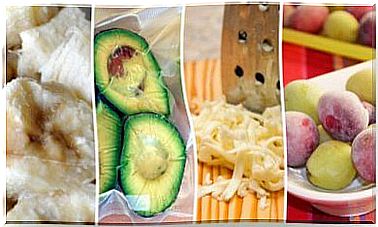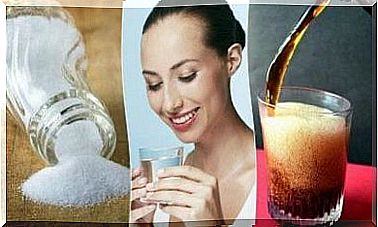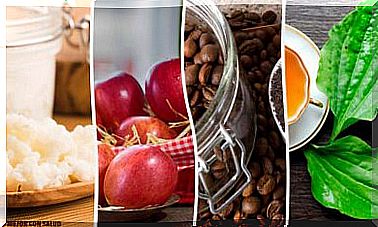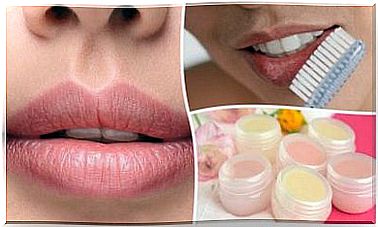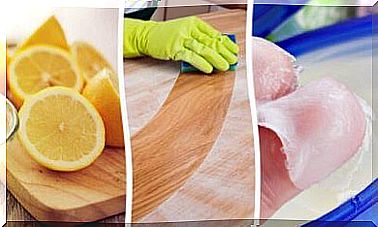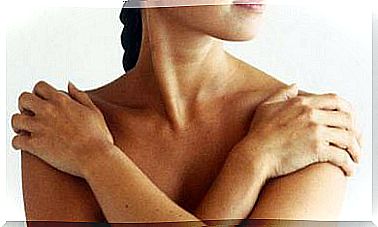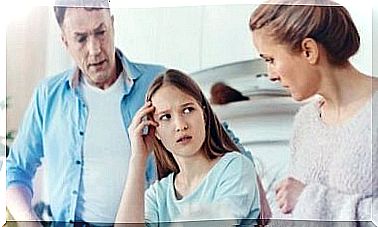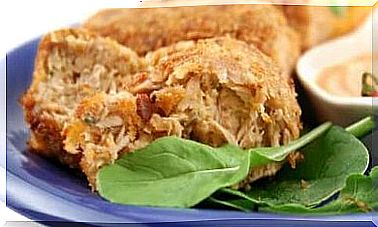Roaccutan: Indications And Long-term Effects
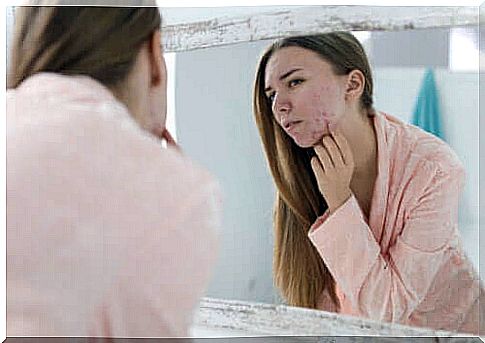
Roaccutan is a drug whose active ingredient is isotretinoin. The latter belongs to the family of retinoids, derivatives of vitamin A, or retinoic acid.
It is a systemic drug used in the treatment of nodular-cystic acne and severe acne. For this reason, it is a prescription medicine and should also be administered under close medical supervision.
How does Roaccutan work?
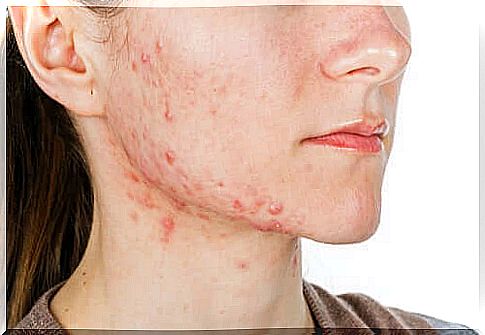
Acne is a disease that depends on several factors. It occurs as a result of chronic obstruction and inflammation of the hair follicle and alternates between phases of explosion and filling.
The mechanism of action is not fully known, but we do know that it suppresses the activity of the glands responsible for producing fat and reduces its size.
Isotretinoin prevents the proliferation of sebum-producing cells. As a result, it reduces the production of fat and prevents bacteria from colonizing the ducts.
In which cases is it indicated?
It is a drug administered in case of severe acne, nodule-cystic acne and inflammatory acne, for which other treatments have failed. It is a systemic drug, also prescribed in case of rosacea, hidradenitis suppurativa and psoriasis.
How to take Roaccutan?
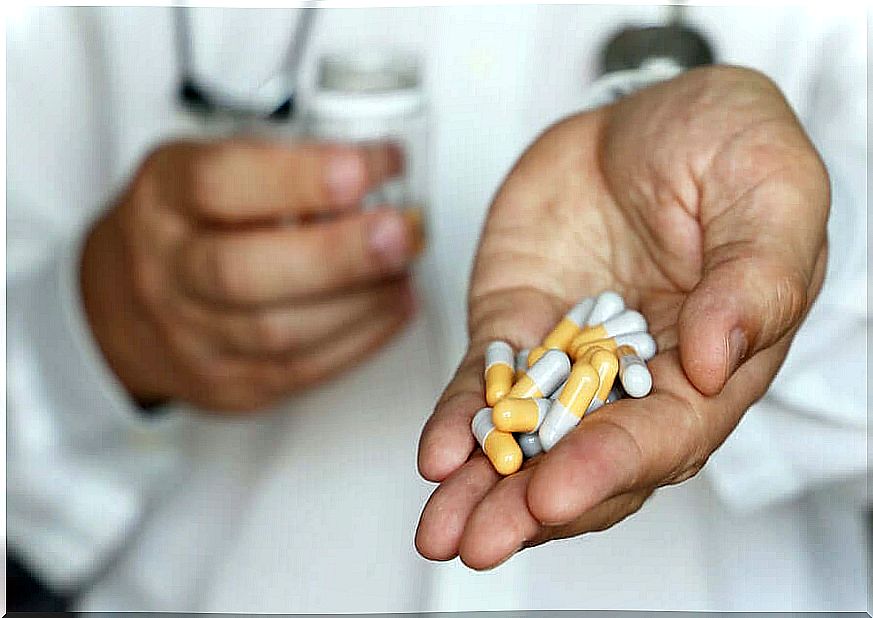
There are several formats in which this drug can be taken orally. These are soft capsules that contain isotretinoin as the only active ingredient and are present in different concentrations and excipients.
It is recommended to take the tablets with food. The doses will have to be adapted from case to case, since the response to treatment and the appearance of side effects varies according to the situation.
The recommended dose at the start of treatment in adult patients is 0.5 mg / kg body weight per day. In patients with severe renal insufficiency, very low doses are started.
The duration of the healing phase and the relapse rate are mainly associated with high doses of administration, rather than with the duration of treatment. In general, treatment between 16 and 24 weeks is sufficient for healing.
In most cases, acne disappears completely in just one cycle. However, in case of relapse it is possible to proceed with the administration of another cycle at maximum doses.
If it is necessary to repeat the treatment, it will be necessary to wait at least eight weeks, which is the time during which the acne situation can improve as a result of the treatment.
Contraindications
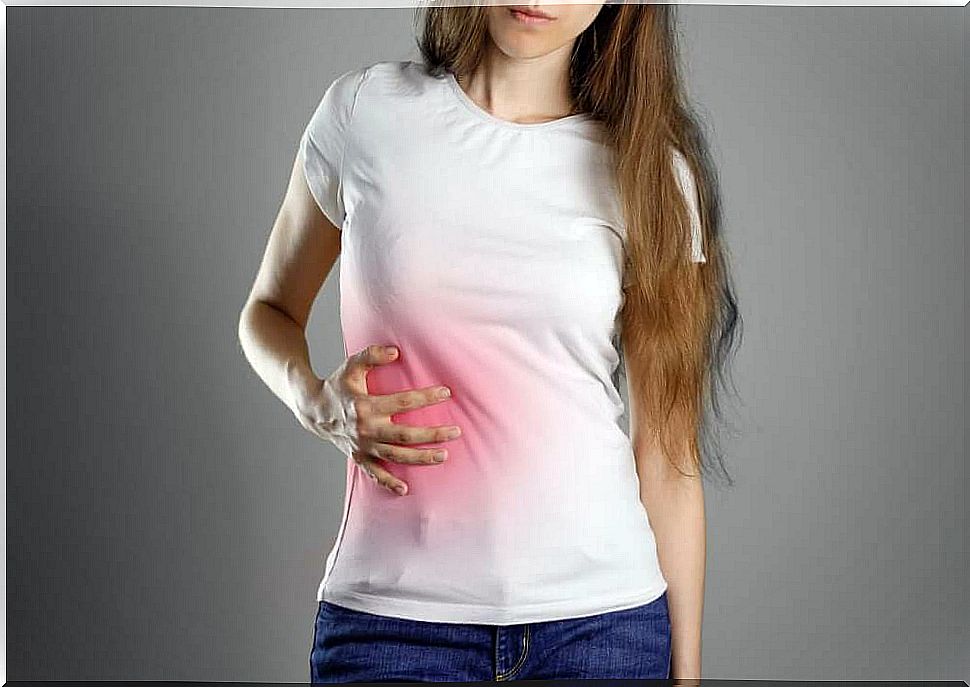
Isotretinoin is contraindicated in the following cases:
- Women in pregnancy or of childbearing age : some studies show the teratogenic effect of retinoic acid and some of its components.
- Nursing mothers: Isotretinoin passes easily through breast milk and causes possible side effects for the infant and mother, use in this case is contraindicated.
- Hepatic insufficiency.
- Hyperlipidemia.
- Simultaneous treatment with tetracyclines : in these cases there is a risk of benign intracraneal hypertension. Symptoms that may arise include headache, nausea, vomiting and vision changes.
- Hypervitaminosis A.
- Hypersensitivity to isotretinoin.
In case you are following a Roaccutan-based therapy, you must avoid exposure to the sun and you must always apply a sunscreen with a high sun protection filter.
Side effects
The side effects are numerous and depend on the doses administered. They can appear a few days after the start of treatment and among these we find:
- Extreme dryness of the skin.
- Dryness of the mucous membrane of the mouth, lips and eyes.
- Redness and peeling of the skin.
- Muscle and joint pain.
- Increased blood sugar and cholesterol levels.
- Presence of blood or urine proteins.
- Thrombocytopenia, thrombocytosis and neutropenia.
- Increase in blood triglyceride levels and liver enzymes.
- Headache, stomach and bone pain.
During the treatment, it is not recommended to use products to exfoliate the skin, since the risk of irritating it is high and can even damage the skin.
Conclusion
Roaccutan is indicated in the treatment of the most severe forms of acne, because isotretinoin helps to reduce the production of sebum. The results obtained far exceed the possible undesirable effects generated.
